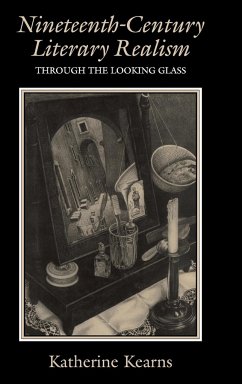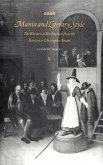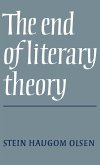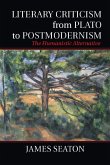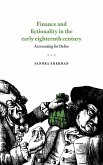Nineteenth-Century Literary Realism argues for realism as a mode committed to depicting the imperiled ecological system of soul and society. More specifically: realism, Kearns argues, suggests to its readers that social and political and economic reforms are inextricably tied to spiritual well-being. In the process of trying to communicate that suggestion, realism enters into a kind of considerate conversation with its readers that - through the slippage endemic to language - rapidly works to destabilize, even undermine, its own assumptions. Thus realism, in addition to bearing the burden of its own reformist agenda and the enactment of character within a restricted environment, is charged with an alternative energy that can be seen at the same time to disrupt and to enrich its generic, formal bounds. In keeping with the exploration of these conflicting energies, Kearns takes on an assemblage of British and American novels - Frankenstein, Wuthering Heights, The Blithedale Romance, Hard Times, The Awakening - whose inclusion in the realist genre deliberately defies critical convention. Fantastic, ambiguous, brokered between the real and surreal, these texts illustrate the complex ways in which realism warred with its own principle of certainty. Kearns's radical revision of realism thus works not just to demonstrate how such unlikely texts fit into the realist world, but conversely to reveal unsounded depths in mainstream realism, to perturb still more profoundly our acceptance of literary genera.
Hinweis: Dieser Artikel kann nur an eine deutsche Lieferadresse ausgeliefert werden.
Hinweis: Dieser Artikel kann nur an eine deutsche Lieferadresse ausgeliefert werden.

